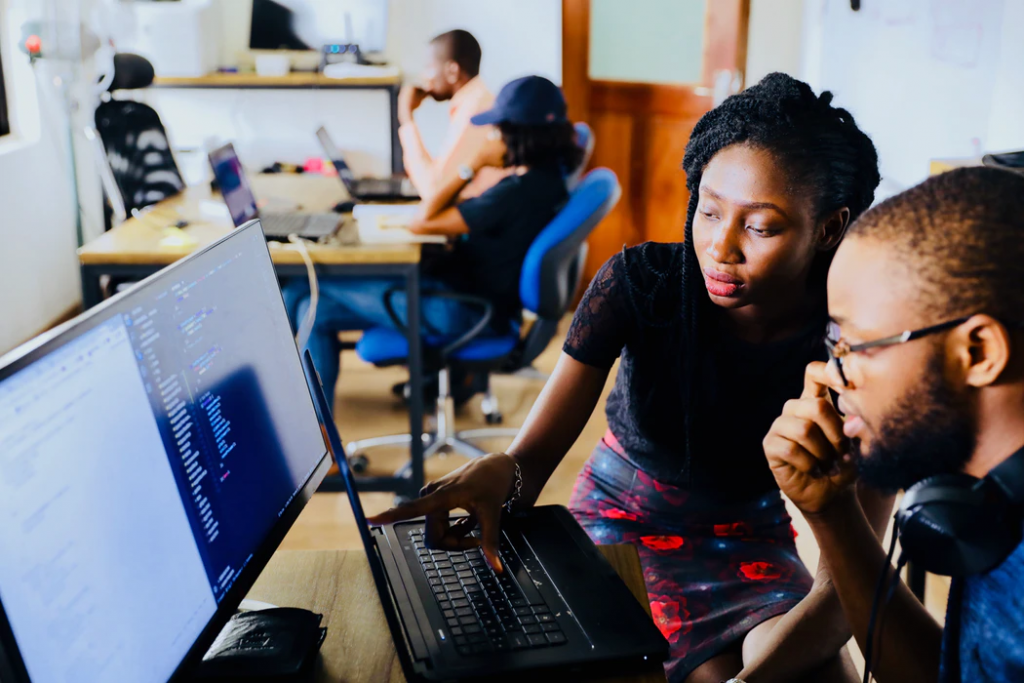An estimation that launching 1,000 new refugee businesses each year could yield nearly $100m in annual economic and fiscal gains. Within 10 years, the boost to the economy could be nearly $1bn a year. There would be large social benefits too, not least because economic participation is vital to successful settlement and social cohesion.

Whether they run a shop or a cafe, drive for Uber, establish themselves as an independent doctor, pharmacist or other professional, or – like Westfield founder Frank Lowy – end up building a global empire, refugee entrepreneurs contribute to society in many ways. They provide valuable products and services, create jobs and wealth, boost local economies and international trade, bring in tax revenues and cut welfare spending.
For refugees themselves, starting a business does much more than provide a job and an income. It boosts their autonomy, self-confidence and social status. It generates a sense of pride and achievement. And it helps newcomers learn English, build connections and give back to the society that has welcomed them.

Some refugees start a business out of necessity. Others spot opportunities that locals have missed. Many translate previous business experience to Australia. What they all share is the refugee experience itself: after being forced from home and making it to a new land where they desperately want to rebuild their lives, they are already equipped with the key entrepreneurial strengths of resilience, risk-taking and resolve.
To find out more, follow the link below: https://www.theguardian.com/commentisfree/2019/apr/11/the-potential-of-refugee-entrepreneurs-is-huge-but-they-need-our-help
Want to find out a little more about the E-Cafe Erasmus+ project, meet the partners who are making all of this possible then just keep reading…
Individuals are increasingly forced to take over greater responsibility for advancing their competence and their careers. This shift from a traditional educational system and company directed learning environment to a more individualized focus poses particular challenges for low-skilled adults and migrants. The potential of these groups in terms of business start-ups is undisputed – but they need targeted support to meet these challenges.
The objective of E-CAFE therefore is clear: to facilitate entrepreneurship of under educated or disadvantaged target group by providing tailored and targeted entrepreneurship education resources in a learning friendly, low-threshold environment.
Our project has a strong and cross representational consortium involving 6 partners from 6 countries
Set up in 1991 as the Local Enterprise Agency for South Tyrone in the heart of Northern Ireland, Dungannon Enterprise Centre’s (DEC) primary aim is to help energise the local economy through capacity and competency programmes, provision of social innovation and entrepreneurship space, and specific measures to reach those most challenged in the community (low-skilled/low qualified) to maximise their entrepreneurial potential. The Enterprise Centre has a wealth of experience in the development of micro-businesses, in particular the provision of support to those who have already set up their own business.
BURGED was established under the Turkish Directorate-General of Civil Society as an education, training and knowledge-based entity to nurture and coache individuals and
organisations who have no previous experience in business creation, employability basic skills, literacy and numeracy skills, entrepreneurship, social entrepreneurism, social innovation, and soft & hard skills training. Burged also guides individuals who want to raise the quality of education in their organisations/universities and support people who seek to make a difference with their work in disadvantaged communities. It is actively involved in the development of accessible-for-all education technologies, entrepreneurial education and the development of e-learning training courses.
Following an entrepreneurial, results-oriented approach, TVW not just develop strategies for inclusive entrepreneurship but are adept at assisting in active implementation. Their daily work therefore relies on a large number of methods, moderation and mediation skills, multi-actor competencies development with tools and resources developed and customized by their inter-disciplinary team. Importantly, the TVW combines complementary professions, skills and expert-knowledge from Business- and Project Management to Psychology, Intercultural Pedagogy and Mediation which will add value to the E-CAFE Project.
Founded in 2014, Olemisen Balanssia is an independent Finnish nonprofit organization which advocates for structural improvements in education and helps organisations of all types to provide modernize their education offerings for the 21st century. Firm believers in life-long learning and international cooperation, Olemisen champion educational projects which have the potential to transform societies and the lives of adult learners. Olemisen seeks to empower people to achieve their potential and promote democratic/human rights for a better world by promoting entrepreneurship, digital and data skills and international cooperation.
Momentum is one of Ireland’s leading entrepreneurship specialists, recognised for innovative approaches to nurture and promote entrepreneurship as a transversal skill. As award winning educators, they develop resources that help education providers to develop access to entrepreneurship platforms for both education and enterprise organisations. Momentum are motivated to extend and develop educators’ competencies with a special focus on developing support education programmes that have a transformative impact on socio economically challenged groups and achieve immediate improvements. Much of their work is community based, working with adults facing disadvantage and economic, social and political challenges.
European E-learning Institute (EUEI) specialises in the creation of powerful online platforms, immersive educational environments and provision of resources and tools to create truly valuable learning experiences.
EUEI was founded on the concept of ‘continuing education’; a post-secondary education programme that provides further enrichment to learners in a wide range of sectors, covering topics that are professional and/or personal. As an organisation, EUEI places tremendous worth on the informal and flexible nature of continuing education and crafting flexible, online learning courses for those wishing to improve themselves and stay ahead in their careers and in business.